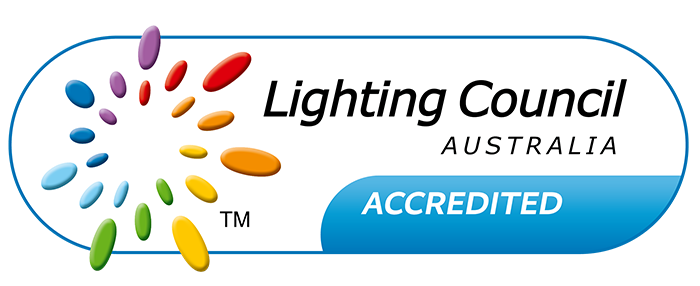How LM-79 testing can help assess LED luminaire quality & performance
 LM 79 is the Illuminating Engineering Society North America (IESNA) approved testing method to generate electrical and optical measurements of solid state lighting (LED) products. It was first used in the US Energy Star program in 2008 and has since become the international standard method for integrated LED & OLED products.
LM 79 is the Illuminating Engineering Society North America (IESNA) approved testing method to generate electrical and optical measurements of solid state lighting (LED) products. It was first used in the US Energy Star program in 2008 and has since become the international standard method for integrated LED & OLED products.
What is the LM-79 test methodology?
LM-79 prescribes the testing procedures and precautions including lab considerations, ambient conditions, electrical equipment and measurement equipment used for carrying out LED products testing. Measurements are done using either Integrating Sphere or Goniophotometer systems. Proper orientation / test position & stabilization of the luminaire are key for obtaining accurate results.
Why do we need it?
Due to the variety of LED products available in the market, there is a need to assess their quality on a level playing field and objectively evaluate various parameters associated with lighting products. LM-79 test covers various parameters associated with electrical, photometric & color characteristics of luminaires.
How is LM-79 different from other test methods used for conventional lighting products?
Due to the unique thermal and electrical characteristics of LED Luminaires, standard test methods using relative photometry, are not applicable on LED light sources. The LM-79 test remedies this problem by using absolute photometry. (see below for clarification)
What is relative photometry?
Relative photometry is used for testing conventional filament or gas discharge lamps. There lamps and ballasts are tested separately from luminaires. The final output is the luminaire efficiency, calculated by dividing the total lumen output of the luminaire by the product of the rated output of the lamps and the ballast factor.
Relative photometry reduces the volume of luminaire tests, as the specifier can mimic lamp data from existing tests
What is absolute photometry?
Absolute photometry is used to directly measure the total lumen output of complete lighting systems including lamp, ballast, driver, thermal management and all other fixture components. The efficiency of an integrated LED luminaire is not calculated in a standard manner. Instead, luminous efficacy is calculated by dividing the total light output produced by total input electrical power.
What are the LM-79 test outcomes ?
IESNA prescribes the following uniform parameters to present the data obtained during LM-79 testing.
| Photometric Properties | Electrical Properties |
|---|---|
| Luminous flux (lumens) | Input RMS AC voltage |
| Luminous efficacy (lumens/W) | Input RMS AC current |
| Luminous intensity distribution (candelas) | Input AC power |
| Chromaticity coordinates | Input voltage frequency |
| Correlated colour temperature (CCT) | Power factor |
| Colour rendering index (CRI) | Similar for DC powered SSL |
What are the limitations of LM-79?
LM-79 specifies the parameters of individual products and the test data obtained cannot be used to evaluate similar products and carry out lighting calculations.LM-79 does not specify any sampling size. Not specifying the number of samples to be tested leads to manufacturers providing only one sample instead of providing more, thus increasing the vulnerability of lesser quality products.
Is there a future scope for improvement in the LM-79 test?
Yes, inside the lab, the luminaires are tested under specified conditions. As soon as the product is installed in the field, the parameters change. The slightest difference in operating conditions can affect the performance of each or every part of the LED luminaire. Lighting companies are continuously trying to make the results as realistic as possible. However, as LED lighting technologies are evolving at a very fast pace, LM-79 has already been revised in 2019 & may continue to change or become obsolete with changes in measurement techniques & lighting technology.
Technical Articles
Help us tailor your experience
We’d love to better understand who’s visiting. This isn’t data collection, just a quick way to help us design a better site for you.






